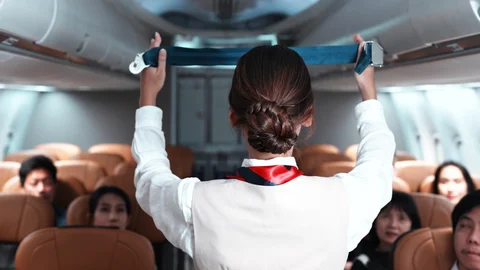Holistic Crisis Management Training in the Hospitality and Tourism Industry
In the domain of hospitality and tourism management, aspiring air hostesses undergo rigorous emergency preparedness training, a critical facet of their education. Their ability to respond quickly and confidently to any potential emergency that may develop during a flight is improved by this training.
Simulating Real-Life Emergencies
To ensure passengers' safety until more advanced medical support is available on the ground, air hostesses receive training on how to assess and handle medical crises, providing basic first aid and ensuring passengers' well-being. They are trained to remain calm and comforting even in tense and chaotic situations to keep the passengers at ease.
Effective Communication and Collaboration
Additionally, air hostesses are trained to work closely with the pilots and the rest of the flight crew to ensure a coordinated response to emergencies. They know how to use emergency gear including oxygen masks, life jackets, and fire extinguishers, and can instruct passengers on how to use it if necessary.
Conclusion
In conclusion, the role of air hostesses extends beyond serving refreshments and ensuring passenger comfort. They are pivotal in maintaining the safety and security of the passengers on board, especially during emergency situations. Through comprehensive training, these professionals are well-prepared to handle a wide array of emergencies, combining technical expertise with emotional support to ensure a safer and more secure travel experience for all.
